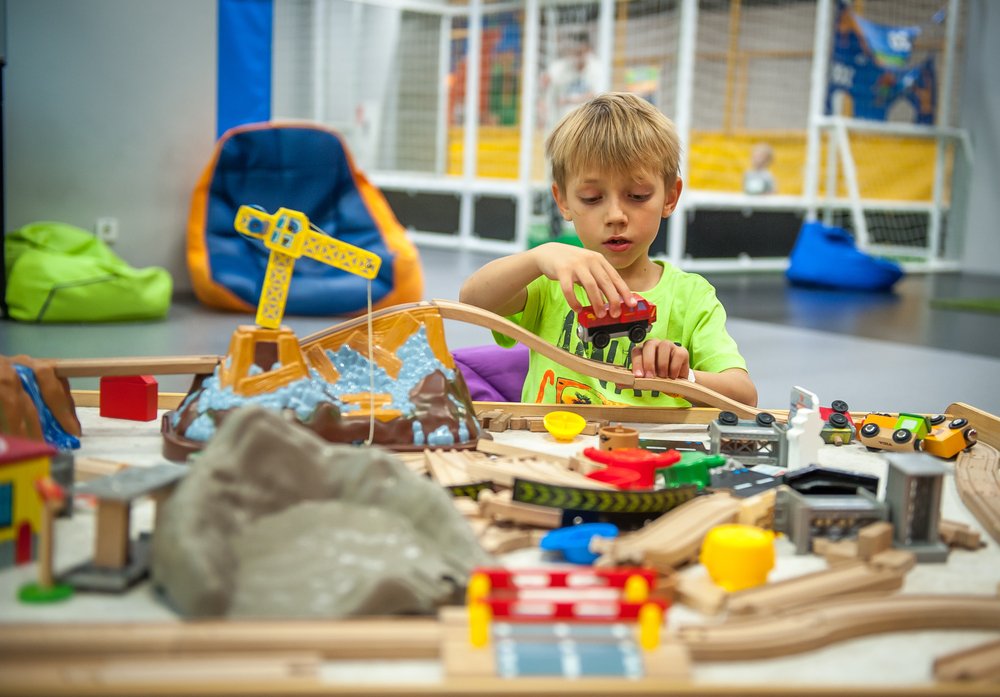Key points:
- Babies are natural scientists from birth.
- Engage in repetitive play to teach concepts like gravity.
- Foster STEM skills through various types of play.
- Encourage questioning and expand vocabulary with advanced words.
Babies are born scientists. They develop theories about how the world works and constantly learn through observation, exploration, and their own experiments with their environment. According to a new report by The Center for Childhood Creativity at the Bay Area Discovery Museum, babies younger than one year old have the capacity of developing complex thinking skills related to science, technology, engineering, and math (STEM) concepts. The trick to develop these skills is to become more intentional in the way we interact with our children.
These are some of the ways you can foster STEM thinking skills with your little one:
- Have “manipulative toys” around. These allow children to transform them into something else, depending on how they play with them. For example, a rattle can be loud or soft, depending on how hard they shake it.
- Engage in “repetitive play”. Repeating actions over and over, like dropping a toy and picking it up time after time, helps children learn about complex concepts like gravity and cause and effect.
- Practice the “four kinds of play”. Pretend play fosters creativity and imagination; exploratory play allows children to conduct experiments about their surroundings; guided play includes interactions and learning with adults; and free play lets them take the reins.
- Ask “how”, “why” and “what” questions constantly to get your little one thinking and questioning his experiences.
- Introduce new words to your child’s vocabulary. Use advanced and accurate words to describe what you’re doing, even from a very young age.
Elizabeth Rood, director of the Center for Childhood Creativity, advices parents to not get so hung up on teaching their children. Instead, focus on having an experience with them to tap into the wonders of math, science, and engineering that are all around us.








